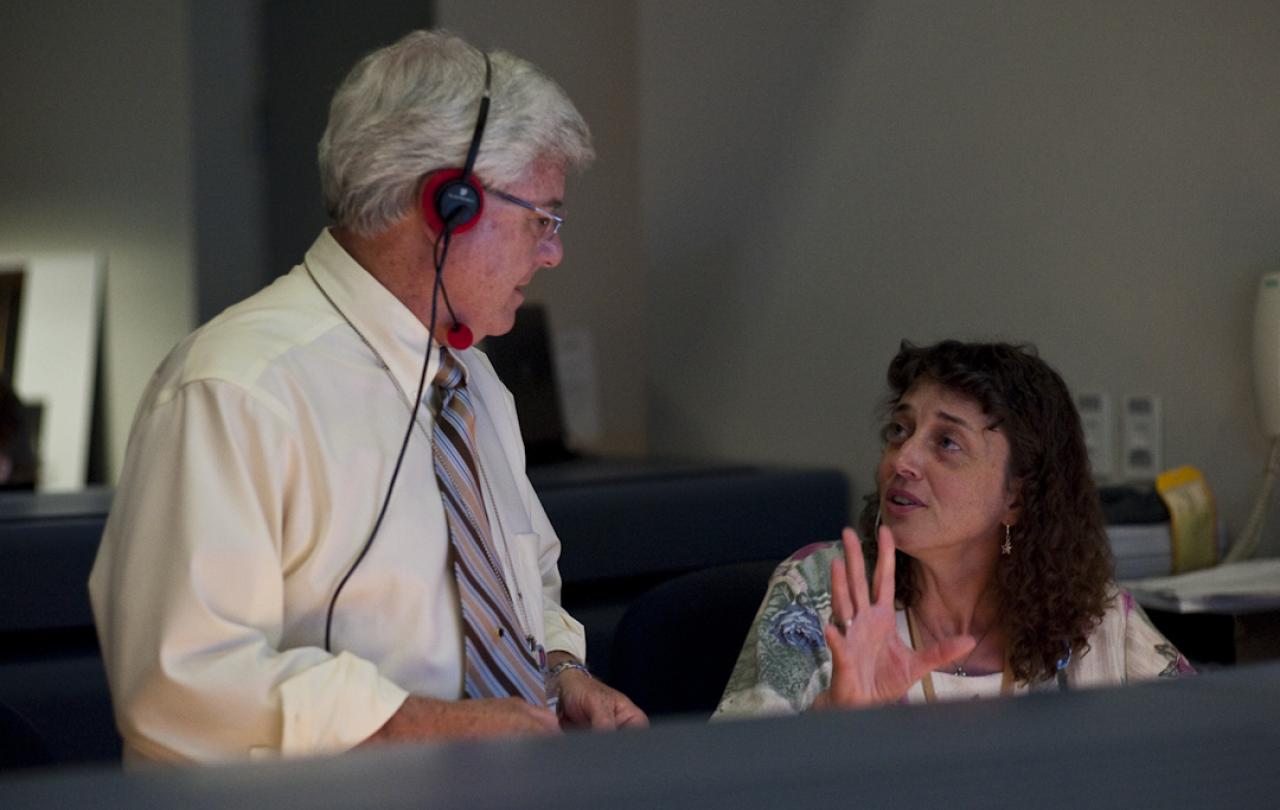We often like to imagine ourselves as rational beings, whose lives are characterised by making informed and free choices. We think we are in charge, at least of ourselves, and that we move through the world intentionally, with purpose and direction.
And yet, into this nice picture of a life under control, laughter breaks in, often uncontrollably. Our muscles spasm. Our eyes stream. Our vocal cords erupt in strangely animal snorts and grunts.
The fact that professional comedians and actors can’t maintain a straight face, sometimes in the face of their own jokes (take a bow Daisy May Cooper), should remind us that there is much in ourselves that is beyond our conscious control. Our laughter almost always has cognitive content. It involves our minds. We laugh at things.
But it is always embedded within a body. Laughter, with all its bodily shakes and muscle twitches, sometimes just can’t be kept in, no matter what our minds and consciousness tells us.
Christianity has long been aware of our lack of control. Paul, writing to the church in Rome, lamented that “I do not do what I want to, but I do the very thing I hate.” St Augustine, one of the greatest theologians of the Western Church, wrote in the fourth century that “I had become to myself a vast enigma.” Martin Luther, the sixteenth century German theologian, began the Reformation and changed history, in part over an insistence that we are far less in charge of ourselves than we like to think.
Yet such writers do not counsel despair. Instead, they allow our lack of control to point to our need for God and his help. Paul, a few verses after the previous quotation, cries out: “Wretched man that I am! Who will rescue me from this body of death? Thanks be to God through Jesus Christ our Lord!”
Now, for all these authors, the stakes are high – they are talking about sin, death and damnation. The comedians in Last One Laughing are playing a much more relaxed game, all that they stand to lose is pride. Yet they too, one by one, discover that they “do not do the thing they want.”
And so, they are learning a version of a Christian lesson – that we are less in control of ourselves than we might like to think. That our bodies, our spirits, even our minds, can betray us at any moment. That something we don’t want, even something good like laughter, can erupt from within.
Now most of us, most of the time, probably enjoy the uncontrollability of laughter. It’s one of the things that make comedy enjoyable, both to watch and to perform. But it should maybe make us aware of other, less benign losses of control. Or at the least it should remind us that there is much in us that escapes our attempts at self-mastery.
Last One Laughing reminded me that laughter is stranger than we think. Just as I am stranger than I think.






